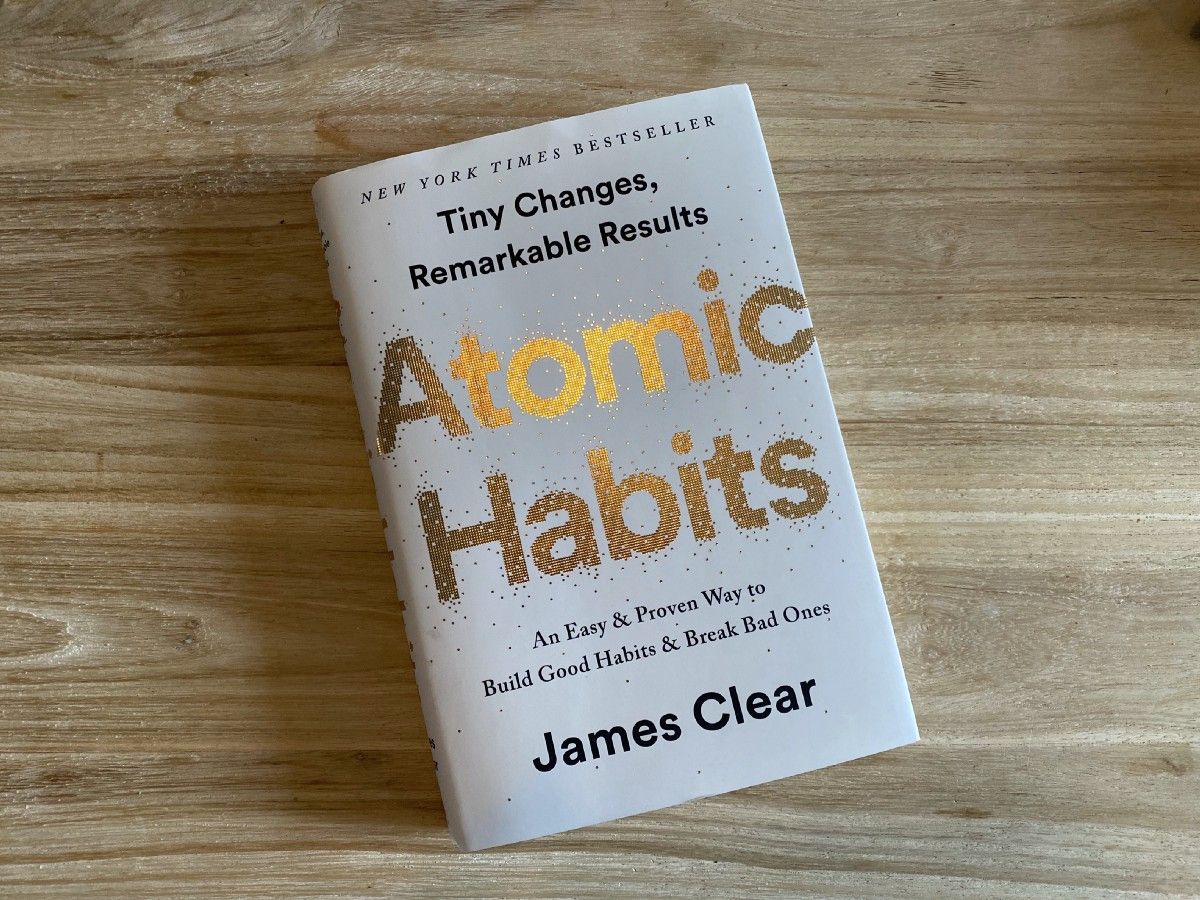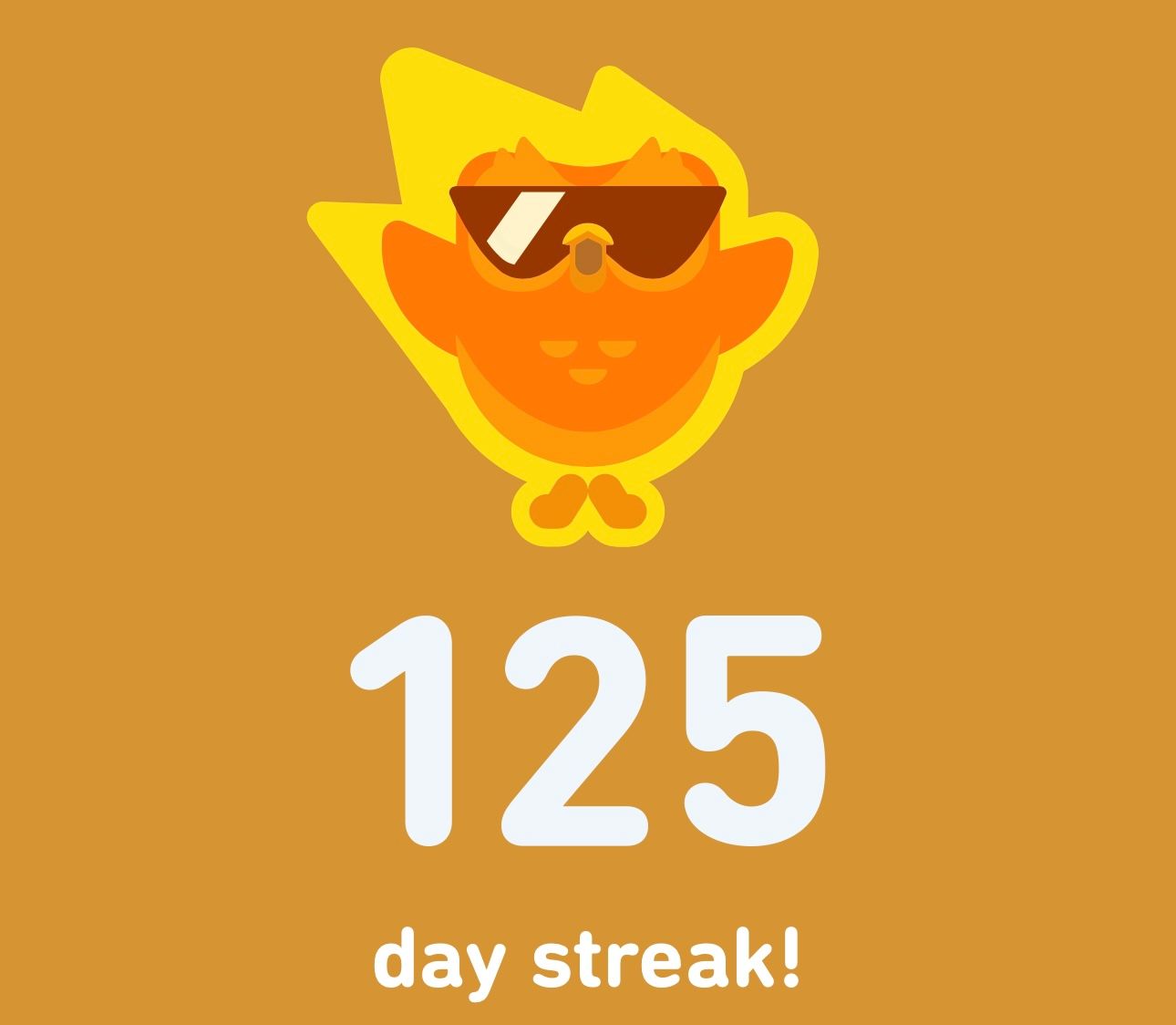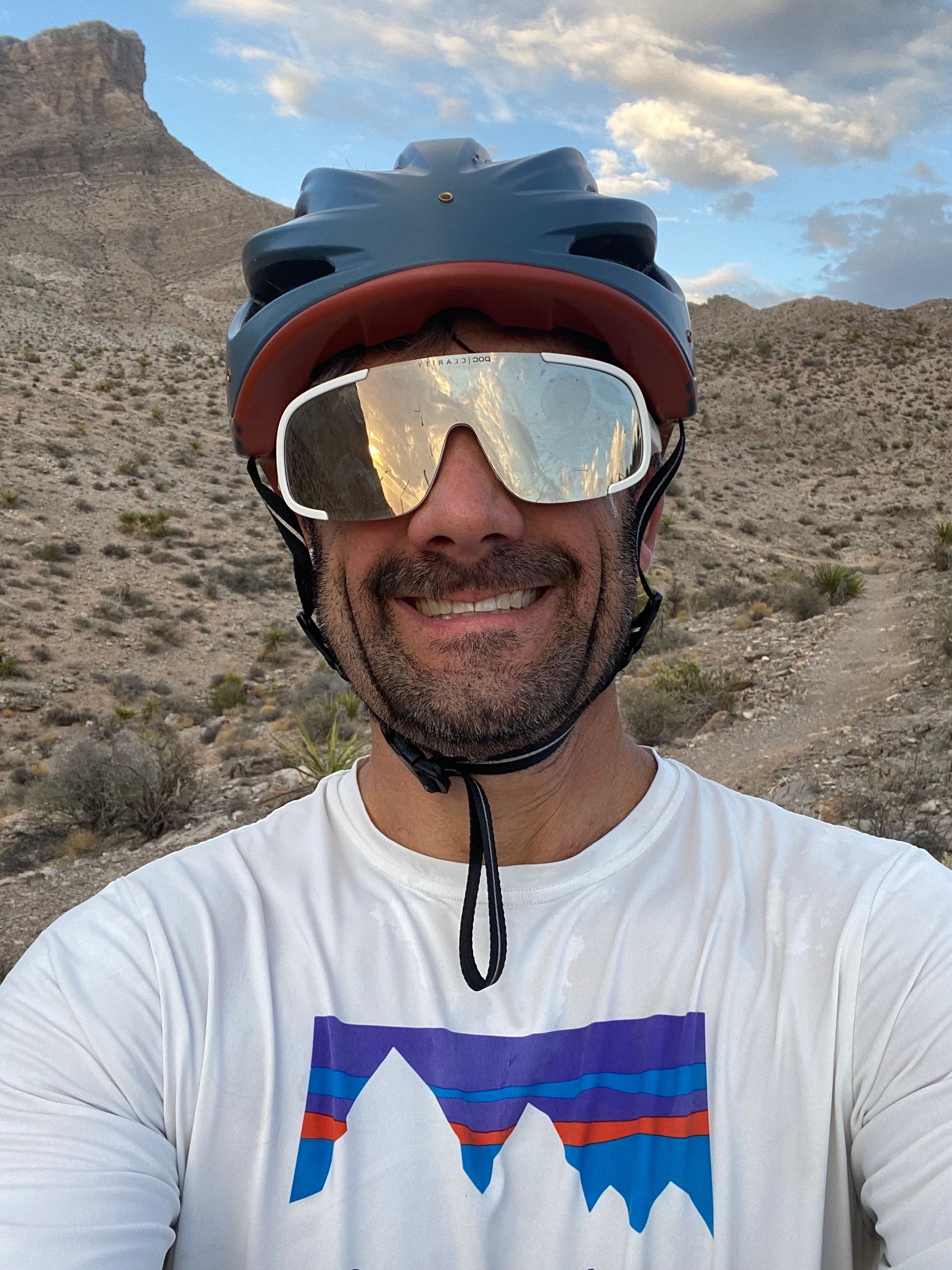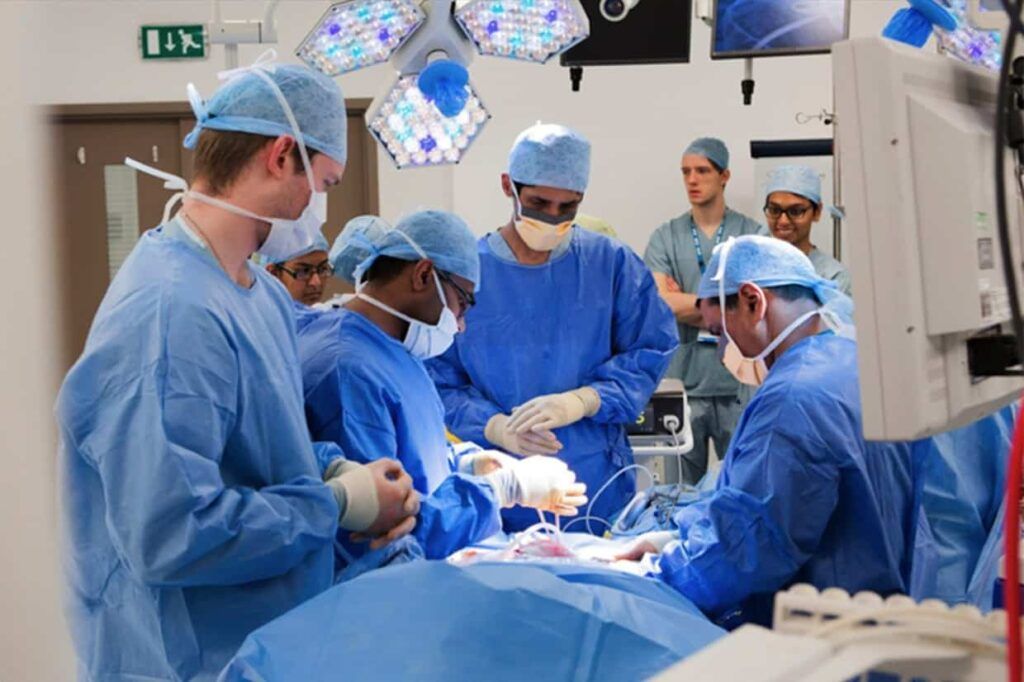Becoming a Surgeon
"Every day, in simple interventions, more technically complex operations, in conversations with families or in meeting with my colleagues I get to serve, save lives and alleviate suffering."
I am a surgeon.
Every day, in simple interventions, more technically complex operations, in conversations with families or in meeting with my colleagues I get to serve, save lives and alleviate suffering.
Those of you who follow pediatric surgery icons may notice that this is taken from a quote by C. Everett Koop, a pediatric surgeon and former United States Surgeon General.
When asked to describe his decision to pursue a life in medicine Dr. C. Everett Koop responded:
“I have never regretted going into medicine. I’d do it again tomorrow, and I tell that to any youngster who is considering it. Medicine is a calling. It is more than a business. One can make money doing other things. But I chose medicine–surgery–because it combined a quest for knowledge with a way to serve, to save lives, and to alleviate suffering.”
I find great connection with these words. Surgery is the discipline of applying mechanical solutions to medical problems. I like working with my hands, I enjoy seeing immediate results.
Complicated problems are interesting to me and I thrive on efficiency. I like to identify and solve problems. I find great satisfaction and joy working with children and their parents. Teamwork is vital and I am a leader. Surgery is all of these things. Mostly, surgery is being a physician with a skill set to serve, save lives and alleviate suffering.
What does a day in my life as a pediatric surgeon look like?
There are many different settings to be a surgeon and there are many different specialties in surgery from trauma to ophthalmology. You can be in private practice, academics, hospital employed, government service and the uniformed service to name a few. Each of these settings has its own appeal and I encourage your to actively engage yourself with different settings to find which one resonates with you.
There are plenty of resources out there from the American College of Surgeons and the Royal College of Surgeons to give you the broad strokes.
As a pediatric surgeon in Las Vegas working in a small group and serving our community at different hospitals including Sunrise Children’s Hospital and Summerlin Hospital I can give you the private practice perspective for a pediatric surgeon working with many hospitals.
Let’s take yesterday.
I woke up at 0500 and started my morning ritual…check out my miracle morning blog post and read Hal Elrod, it will change your life.
SAVERS.
Learn it and live it.
Take advantage of your morning, it’s the time of day you can control
By 0500 I had popped down stairs and made a cup of Stumptown coffee. I spent 20 minutes reading and then grabbed my water, threw on my bike shorts, and headed up to the deck to jump on the Peloton.
For 30 minutes I crushed a power zone workout with Matt Wilpers looking out over the Las Vegas morning.
The blood was flowing and the heat had already started to build, for me and for the city.
After a good sweat, I grabbed a shower, visualized and affirmed my day, helped make the kids a quick breakfast of oatmeal, drew my three kids their pictures to color (Henry a Ninjago warrior, Charlotte a unicorn and Ellis some shapes). Talked with Lis about the day’s events and jumped into the car by 0640 to get to the hospital for 0730 cases.
Make sure to get some personal time in the morning, even if it’s a few minutes.
Using SAVERS will help you build this into a routine.
After a 25 minute drive listening to my audiobook, currently The Icarus Deception by Seth Godin, I arrived at the hospital, said my hellos and consented my fist patient for a gastrocuteanous fistula takedown and headed to the OR.
I always like to get to the hospital early, at least 15-20 minutes before the case to make sure everything is smooth and the OR is ready. Setting up the day makes such a difference in getting off to a smooth start. Not just for me but for everyone.
Between my first case and the second case, a Nissen fundoplication, gastrostomy tube and tracheostomy on a child with multiple medical problems I rounded on the floor seeing patients with a variety of conditions from post operative appendicitis to pancreatitis, swung through and visited my NICU patients and spoke with the neonatologists and pediatricians.
After the second case I finished lunch in the doctors lounge and then sat down on my laptop to complete my notes, answer emails and prepare for an afternoon interview for our ECMO program. I was not on call and so only had the two cases which is a light day. At 345 I met with the video crew and our interview panel and we filmed a video for the Surgical Playbook, a set of tools to help other hospitals build an ECMO program.
Being a surgeon is not just surgery, it’s being involved and engaged.
By 530 I made it to the car, back across town, another 30 minutes in the car where I caught up with some patient phone calls, more audiobook and then home. I took over for Lis with the kids and bath time, we read books and got little ones in bed by 0800 which included lying on my daughter Ellis’ floor until she was asleep. A cup of tea and time with Lis and off to dreamland.
How’s that? Not too bad right?
Some days are different with the content but the structure is usually the same. I wake up early, do my miracle morning, get my exercise in, see the family and head to the hospital. Most days I’ll be operating or assisting my partners with more difficult cases and if I’m not in the operating room I’ll be in clinic or rounding and doing quality improvement work. Usually the day ends around 430 or 5pm, some days are shorter and others longer.
Embrace a littler chaos, not everything can be planned
In my practice I spend 95% of my time between two hospitals and I have three others partners who are pediatric surgeons. We split the call equally each taking about 1 call a week and 1 full weekend a month, Friday morning thru Tuesday morning. Every day is a little different and we’ll usually have one full clinic day seeing new patients and patients who are post operative.
Most every day I get to spend time with my wife and three kids and I try not to have anything interfere with these early evenings. If I have more work to get done on the computer or with notes, it happens after everyone is asleep or before anyone wakes up.
This week I operated a little every day, a bunch of cases one day and a couple of additional cases each other day. A few meetings in the early AM as I’m on a few committees with the hospital.
How does my pie look?
In my previous blog posts I’ve talked about the size of your pie and how you define the pieces in it.
My pie is below and here are the pieces in it: clinical surgery, family, personal/fitness, administrative/research.
This is based on a Monday through Friday week, I’ll usually take one clinical call a week and one weekend (Friday thru Monday) a month.
So looking at Monday-Friday from waking to sleep (0500-2100) and 8 hours of sleep a night.
120 hours per week
Personal 10 hours
Clinical surgery 40 hours
Administrative 10 hours
Family 20 hours
Sleep 40 hours
The weekends are up for grabs, usually if I’m not on call it breaks down to personal time for a couple of hours in the morning on my bike, family time through the day and then we try to get in a date night or two.
In June of this year (2019) I completed my first Ironman and leading up to that, with unbelievable help from Lis, I spent most of my off weekends on the bike, out on the road or in the pool. Now things are a little, a lot more calm.
Some surgeons have very different “life pies.” They may have time for societies, more administrative time, more research or teaching. Some, especially in my community, have more clinical volume and spend their weekends doing elective cases which certainly affects their time.
If you were to add these slices in to your pie, which pieces are likely to get smaller?
I’ll give you the answer…sleep, personal, family and clinical surgery, maybe even in that order. If there was a piece that I would like to enlarge it would be research. As I get more efficient with my clinical work I’m finding that I can do the same amount of clinical work more efficiently and begin to ask some important questions in the surgical quality space.
The key I’ve found to finding that time without changing the pie is to be able to sit down and work on my laptop, anywhere.
Sometimes it’s the doctor’s lounge, sometimes it’s in the OR between cases, sometimes it’s in the office and sometimes I’ll find myself at Vesta coffee roasters working, enjoying coffee and waiting for the next consult to come in.
Is the profession of surgery getting more attractive or less attractive as a life?
I think it is getting more attractive, especially when compared to other medical disciplines. The toolset in surgery as a skilled operator, a trauma doctor, a leader and innovator simply can not be replaced by a computer, software, robots or an advanced practice provider.
As a surgeon I have tremendous satisfaction in my work and as a private practice surgeon I have control over my personal and professional life. I get to have an active role in quality improvement in my hospitals and quality and safety improvement in my community.
Pediatric surgery is an incredible career and at a time when many physicians would not recommend their career to their kids, I would love to inspire my children to a life in surgery.
Do you have what it takes to be a surgeon?
Are you curious?
Do you like to set goals and achieve them?
When the going gets tough do you step on the gas?
When the pressure mounts to you focus or do you fold?
To quote Seth Godin, are you an artist?
Do you enjoy solving difficult problems, especially with your head, your heart and your hands?
Do you have grit?
Are you a leader or would you like to become one?
Can you be critical of yourself?
Can you be critical of yourself in front of others?
Are you a team player?
If the answers to the above questions are “yes” more often than they are “no” I would say you definitely have what it takes.
What is the path to surgery?
It’s a long one. But remember, there is a difference between school and training.
When people ask how long does it take to be a surgeon they always have a blank stare or puzzled look when I answer. I’ll say “well, the choices you make after high school include 4 years in university, another 4 years in medical school, 5 years in clinical surgery training, 2 years in research, and 2 additional years of fellowship training, so about 17 years.” And that’s the quickest someone could do it for pediatric surgery; perhaps someone could do it in 15 or 16 years without any research but that would be unusual.
For me I took a year off between undergraduate and medical school and I spent an extra year in undergraduate so I was the ripe age of 38 when I started my career as a fully trained pediatric surgeon.
How could you go to school for that long?
Remember, for most of it you’re not in school, you’re in training. And when you’re a trainee you get a modest paycheck (was somewhere around 51k/y when I started), you get medical benefits, you even get a 401k at some places! The years in training go by quickly…and for the most part they are a lot of fun despite the long days and nights.
I’m going to put this in bold because it’s important, you should never decide on what type of doctor you want to be based on the length of training. Period. If you do you’re going to be in trouble. The things that change between being a trainee are control, income and responsibility. They are incredibly important but I would not sacrifice a few years in the short term to do exactly what I am passionate about.
Medicine is too stressful of a career to not spend your days doing things you’re passionate about.
Remember to spend your years in medical school being curious, go to every clinic you can, get into every operating room, which areas are you the most curious, where are you the most happy, which places in the hospital do you want to go back to?
The real path to surgery begins in medical school and as I was a foreign medical graduate at the Royal College of Surgeons Ireland it started early in medical school. First, you’ve got to get into medical school but once you do and you finish that first white coat ceremony, you’re in! Now time to mush on.
It’s good to be interested in everything. But when you’re ready to choose, focus.
If you ask me when I knew I wanted to be a surgeon my mind will certainly go back to the early days in the anatomy lab where I spent 18 months with retired surgeons and anatomists learning the intricacies of the human body. I thrived in the anatomy course and many days dissecting my cadaver I visualized myself with a sick, live human. My dedication in the lab would give me better insight when I needed it most in the years to come.
Those days were the beginning and they were awesome. I remember vividly competing with my mate Dr. Gary Bass in an anatomical dissection competition over the course of the year. We both did the head and neck, I did the facial nerve and Gary did the zones of the neck. Those days spending hours over our cadavers were the foundation of where we’re both at today.
My time in the anatomy lab was the spark. It was a special time. It was a privilege.
The real decision point came when I did an early sub internship during my third year of medical school at Baystate Medical Center. There was a chief resident, Dr. Alex Perez, on the general surgery service and I wanted to be just like him. A trusted leader in and out of the operating room. He is a teacher and learner, his clinical expertise on the ward, in the trauma bay, the ICU and in the operating room was inspirational. I made mistakes and he would let me know.
Forgive and Remember.
While I worked hard during this rotation, living in the hospital on a cot for the month, I loved every moment of it. It could have been miserable during that dark winter in Springfield but it was the mentorship and example of Dr. Perez that made me know that surgery was exactly what I wanted in a career.
For all of us, the decision to pursue surgery most likely comes down to a few very inspirational mentors.
If you’re a surgeon and you’re reading this, can you remember the first mentor that really inspired you? If you’re a student and you’re reading this, how can you surround yourself with the mentors to inspire you? What are you doing to put yourself in contact with these mentors?
I’ve decided I want to be a surgeon, now what?
After the decision to become a surgeon the real work starts: building your story and building your fan club. As a surgeon who interviews candidates for surgery residency I look at the story and the fan club. So let’s take these separate:
THE STORY
The story of a successful surgical applicant is a series of decisions that demonstrate authenticity and a genuine interest in surgery. Strong applicants have a history of decisions in their medical education that build a skillset for surgery.
They have done well on their surgery rotations where their commitment, curiosity and interest was noted above their peers. They’ve asked questions and pursued research, case reviews or quality improvement projects at a very basic level. Successful residents have followed these through to publication or implementation.
Sub internships in surgery and experiences in radiology or critical care were completed to broaden their education and skill set.
Successful candidates have painted a picture of someone who wants to serve, save lives and alleviate suffering.
Notice: I did not say that this person crushed their USMLEs…but this is a topic for another blog post.
THE FAN CLUB
As you are creating your story you’re building your fan club, the two happen at the same time. That great mentor you met on your surgery rotation, that’s a fan.
The professor you published your research paper with or the surgeon you did that QI project with – they are both fans. These fans will write your letters, make phone calls on your behalf and stand up for you when you need help.
As your fan club grows keep in touch with them, send them emails or phone calls and let them know about your successes. When years pass and you’re still looking for a letter writer, someone who may be able to pick up the phone for you or a job they will be there for you.
I’ve mentored students who made the decision late in the game, and this is absolutely ok.
The point is, when you make the decision to pursue a specialty, you dive in. Whether it’s early or late it’s important to be authentic.
Don’t be a flake.
What are some of the decisions you can make right now to pursue a path in surgery?
1.) Get to know some surgeons and spend some time with surgery. If you’re a medical student this is easy, find a surgeon and see if they’ll let you tag along during the early years. When I was in the preclinical years I hooked up with the urologists who also did the renal transplants. After I finished my studies I would go and hang out in clinic, do cystoscopes, go to the OR, go to transplants, it was a blast. AND it definitely helped answer the question early on if I wanted to be a surgeon or not.
2.) Get some leadership experience. You can accomplish this is your community, at your school, in your sports and in your societies. Find your local ACS chapter and see what options they have for medical students. What charities can you hook up with that align with your interests and passions. Go do some coaching or lead a sports team to victory. There are so many options for you and gaining leadership experience, now just go do it.
When we’re in discussions about The Match whether it’s fellowship or residency or even your first job the question comes: Is this person a leader?
3.) Go to a surgery meeting like the American College of Surgeons Annual Conference. The ACS Annual Conference and you’re not inspired then this may not be the profession for you. The ACS conference is a huge collection of students, residents and surgeons from across the globe and it is awesome. You get to learn just about everything about surgery. You get to connect, network, meet like minded students and residents. It gets you pretty pumped, if I could I’d go every year.
4.) Get some research going and get something published. Another thing that can help build your story, and build your fan club and help you decide on a career in surgery is to start a small research project. Maybe this is just a chart review, maybe this is a proper quality project or a case series. Whatever it is it will allow you to read relevant literature and work with a mentor to add something to the surgical knowledge sphere. My first paper as a student on subgaleal hemorrhage didn’t change the world, but it struck a cord with me. I found it an opportunity to serve my community, add something original and I liked it.
These are experiences, this is my story. Yours will be different.
In summary, I hope I provided a few examples and maybe a little glimpse into living as a surgeon and getting here. If you want it you can do it. If you don’t, that’s completely good as well. The important thing is to find something you love and pursue it passionately.










